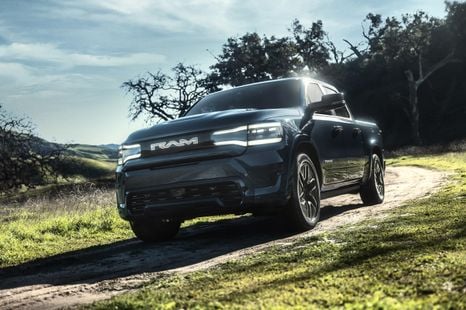

Derek Fung
Stellantis posts A$35 billion loss after failed EV push, shares sink 24 per cent
3 Hours Ago
Rolls-Royce is going all-electric by 2030. Its first pure-electric car will be the Spectre, set to launch late in 2023.

Contributor
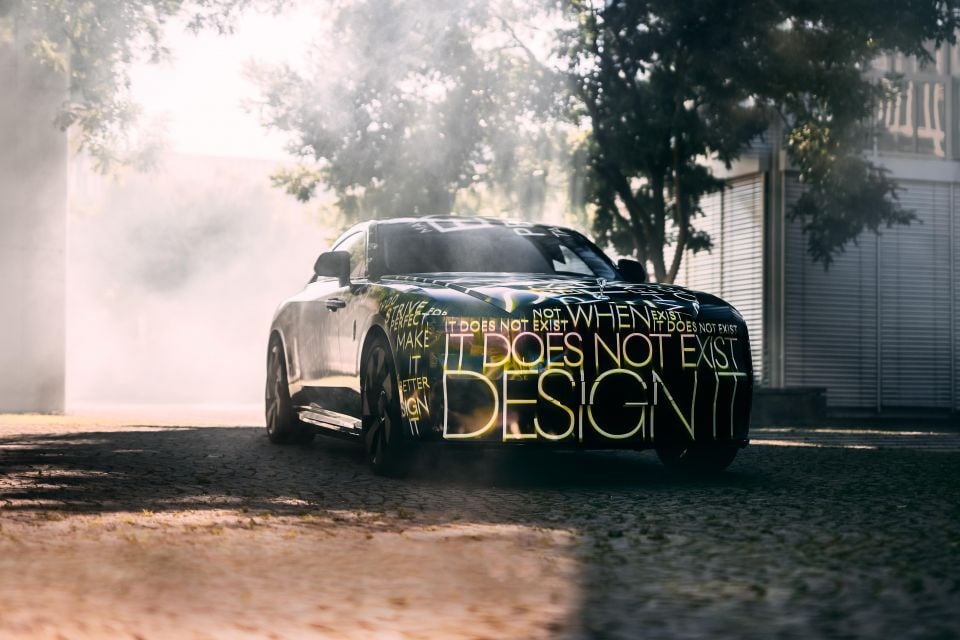

Contributor
Rolls-Royce is getting ready to farewell its smooth-moving V12 engine.
After spending more than a century trying to make its petrol cars quieter and more relaxed than anything else on the road, it’ll be fully electric by 2030.
The first electric Rolls-Royce will be the Spectre pictured throughout this story, deliveries of which will begin in the fourth quarter of 2023.
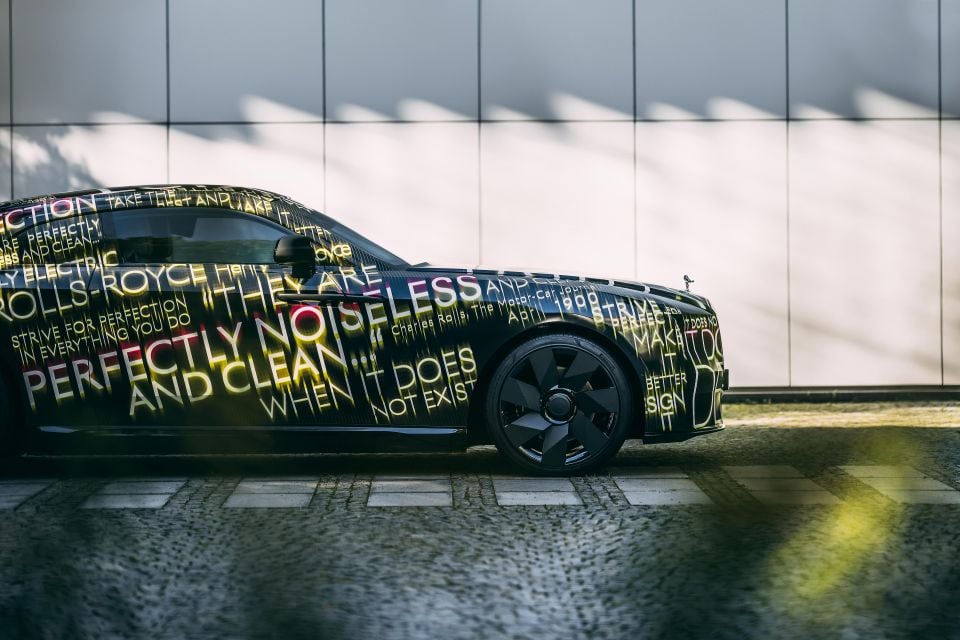
“Today is the most significant day in the history of Rolls-Royce Motor Cars since 4th May, 1904,” said Rolls-Royce CEO, Torsten Muller-Otvos.
Mr Muller-Otvos described the Spectre as “an extraordinary new product that will elevate the global all-electric car revolution and create the first – and finest – super-luxury product of its type”.
“This is not a prototype,” he said. “It’s the real thing, it will be tested in plain sight and our clients will take first deliveries of the car in the fourth quarter of 2023.”

Testing of the Spectre has already started. Rolls-Royce says test mules will cover more than 2.5 million kilometres before the car is signed off for production.
“You will see these test cars on roads, around the world. Look out for them – they will be in plain sight,” Mr Muller-Otvos said.
“They will be tested in all conditions and over all terrains on their multi-million-mile journey – that will literally accelerate Rolls-Royce into the future.”

Under the skin, the Spectre will be built on a variation of the aluminium chassis underpinning the Rolls-Royce Phantom, Cullinan, and Ghost.
Although it’s owned by the BMW Group, Rolls-Royce says its architecture isn’t a variation of the CLAR used beneath everything from the BMW 3 Series to the iX electric four-wheel drive.
“Free of any group platform sharing strategy, we were able to integrate our plans for an electric powertrain into the architecture’s initial design and ensure that this extraordinary new product meets the extremely high expectations of our clients,” Mr Muller-Otvos said.
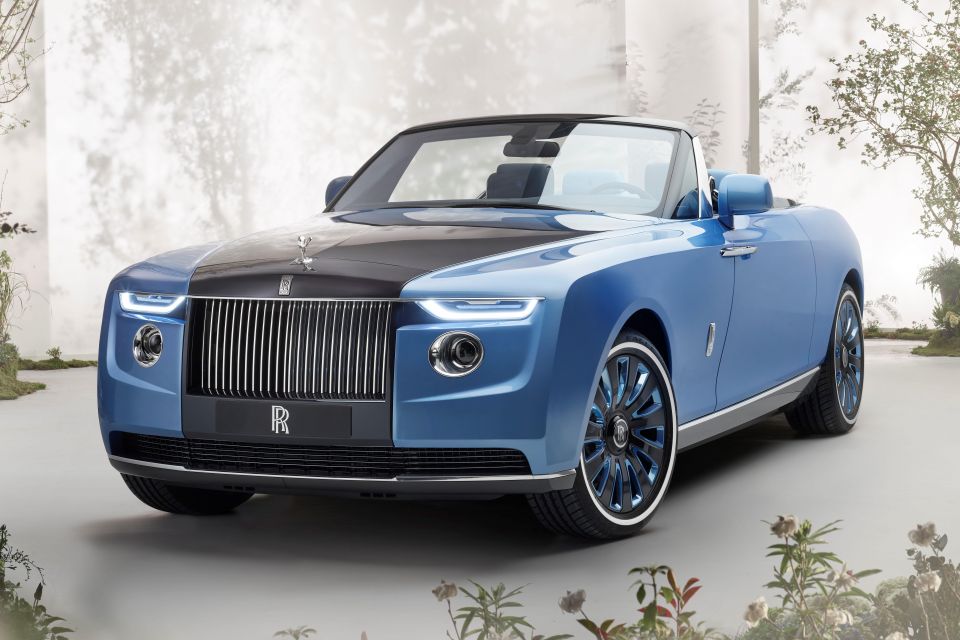
Although Rolls-Royce occupies rarefied air in the automotive world, it’s not free from rivals.
Bentley has committed to making its cars either plug-in hybrid or battery-electric by 2026 and being EV-only by 2030, while it’s likely we’ll see a Mercedes-Maybach version of the recently-revealed EQS limousine.
Although its history is full of powerful, effortless petrol engines, Rolls-Royce is no stranger to electric power.
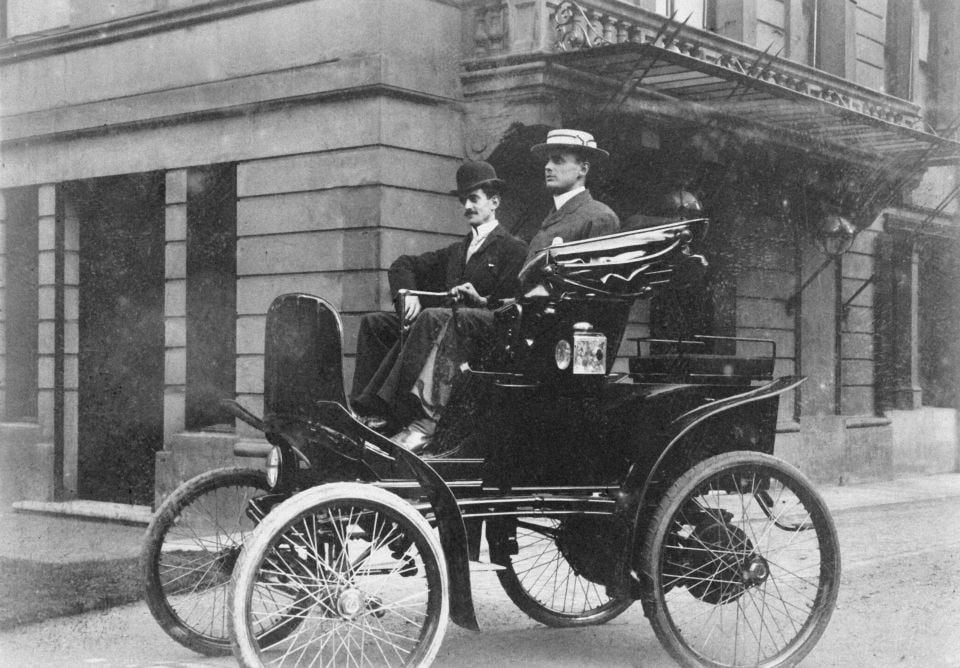
Co-founder of the original Rolls-Royce Limited company, Charles Rolls, had espoused the virtues of electric vehicles back at the dawn of the 20th century.
“The electric car is perfectly noiseless and clean. There is no smell or vibration, and they should become very useful when fixed charging stations can be arranged,” said Mr Rolls in an interview with The Motor-Car Journal in April 1900.
“But for now, I do not anticipate that they will be very serviceable – at least for many years to come.”
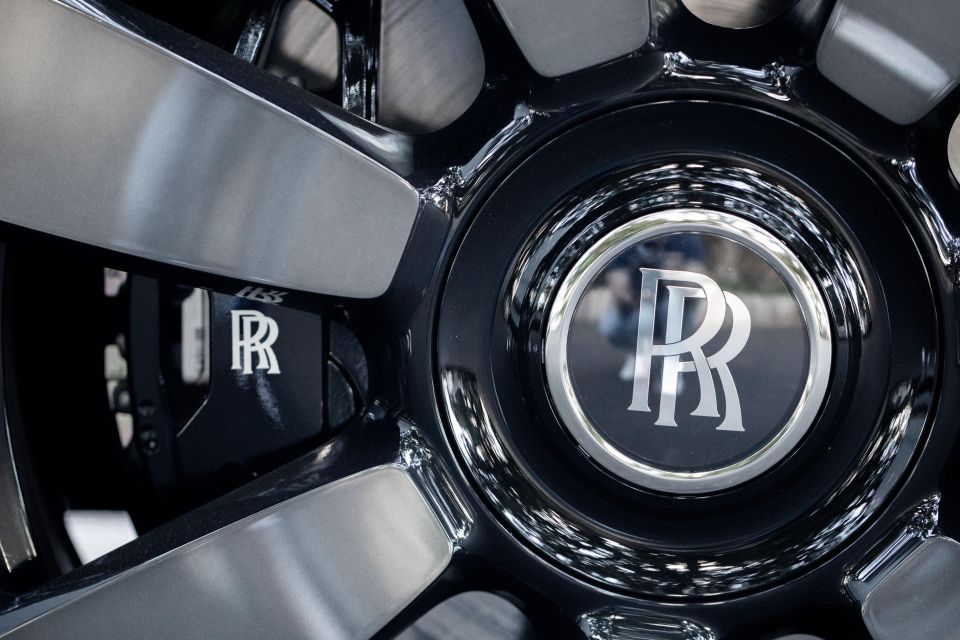
Mr Rolls at the time installed a battery-charging station at his car showroom for the private and rental electric Broughams popular during the era.
In the early days of the car, internal combustion engine-powered vehicles competed against steam-powered and electric vehicles, though ultimately the broader industry coalesced around the ICE.
Rolls-Royce didn’t develop electric vehicles back then, and it took until 2011 for the company – by now owned by BMW – to explore the possibility.
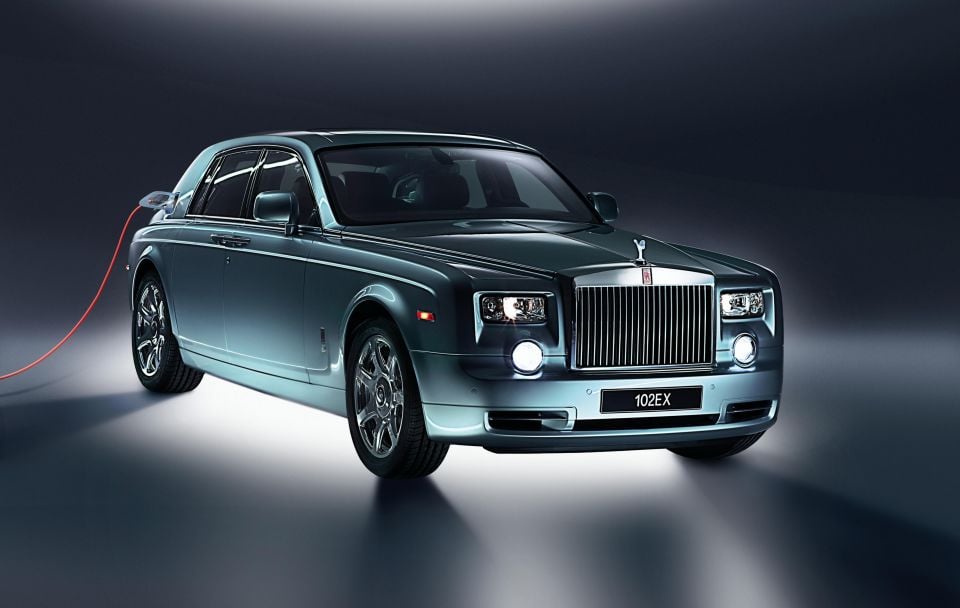
The Phantom Experimental Electric (aka 102EX) was a fully operational, road-legal prototype of an electric Phantom, though it wasn’t intended for production.
Based on the contemporary Phantom, the 102EX had a pair of electric motors on the rear axle making a total of 290kW and 800Nm.
Its 0-60mph (0-97km/h) time was said to be under eight seconds, considerably slower than the V12 Phantom’s 5.7s sprint.
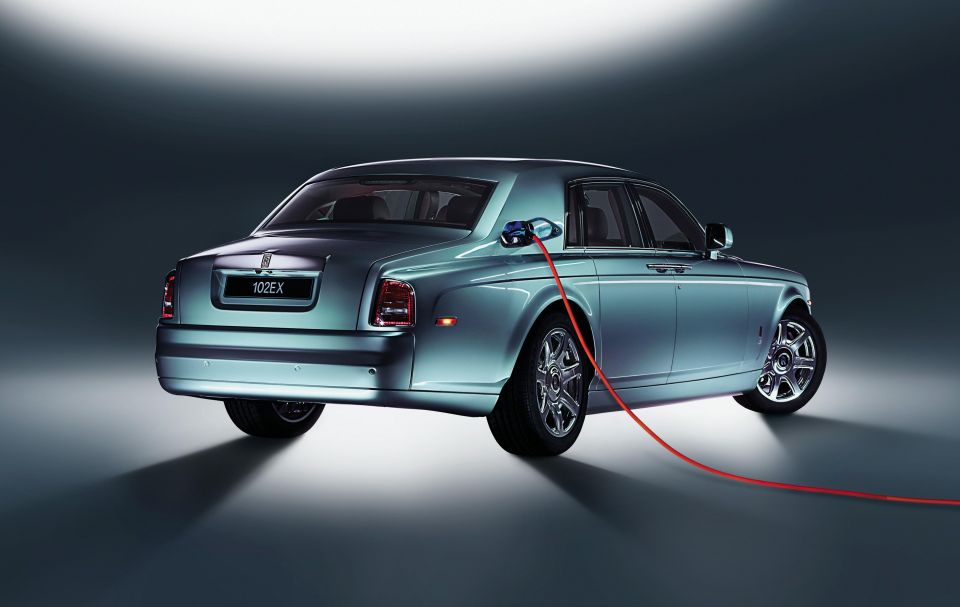
Its biggest downside — and reportedly the reason development was stopped — was its range, at just 200km.
Rolls-Royce then debuted the Vision Next 100 (aka 103EX) concept car in 2016, again an experimental car powered by an electric drivetrain albeit with a unique platform and autonomous driving technology.
Go deeper on the cars in our Showroom, compare your options, or see what a great deal looks like with help from our New Car Specialists.
Scott Collie is an automotive journalist based in Melbourne, Australia. Scott studied journalism at RMIT University and, after a lifelong obsession with everything automotive, started covering the car industry shortly afterwards. He has a passion for travel, and is an avid Melbourne Demons supporter.


Derek Fung
3 Hours Ago
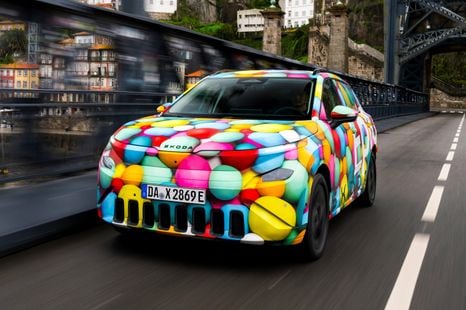

Dave Humphreys
14 Hours Ago

Damion Smy
15 Hours Ago
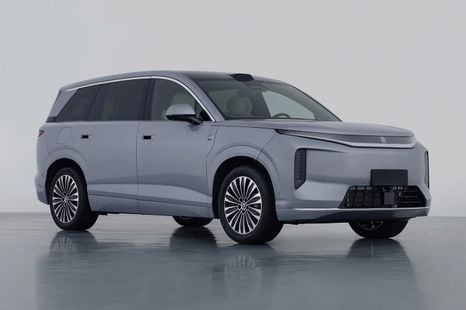

William Stopford
15 Hours Ago


CarExpert
17 Hours Ago
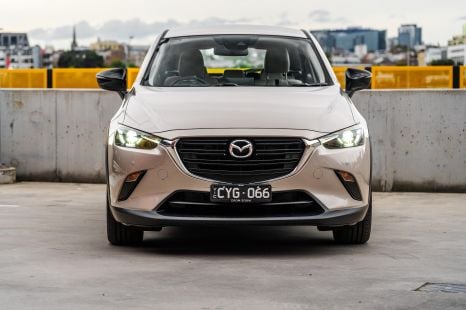

William Stopford
17 Hours Ago
Add CarExpert as a Preferred Source on Google so your search results prioritise writing by actual experts, not AI.